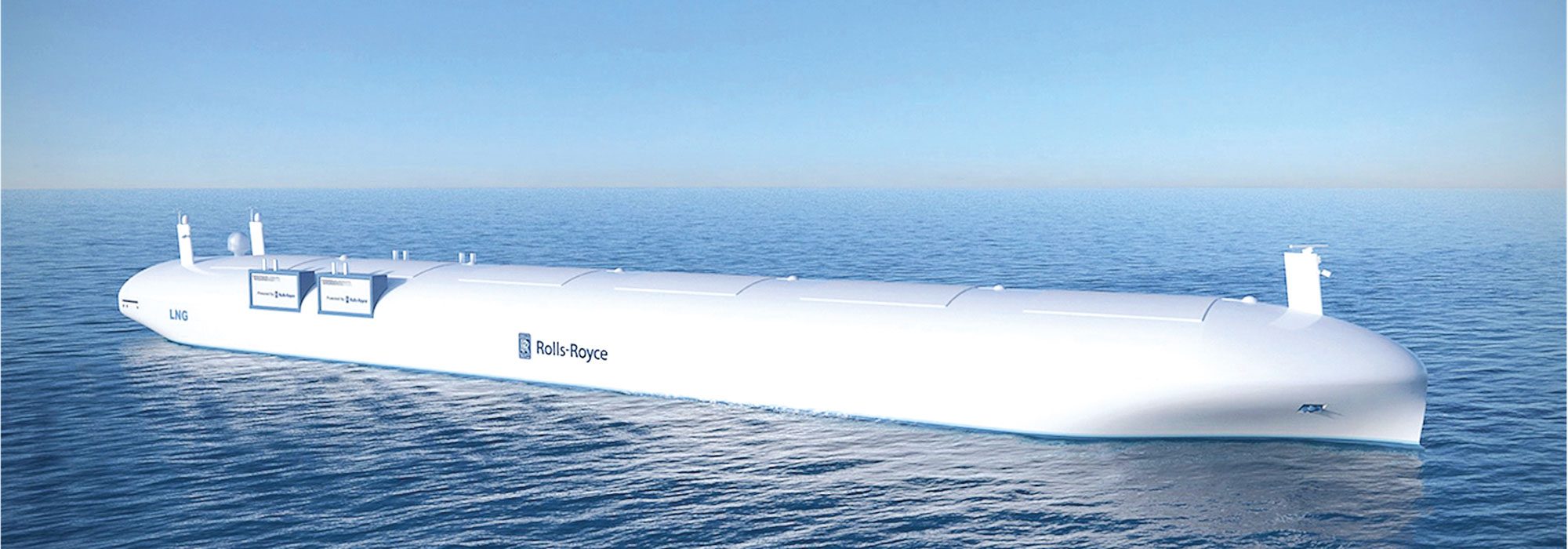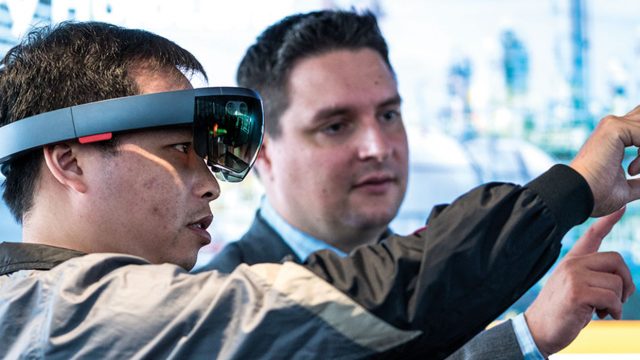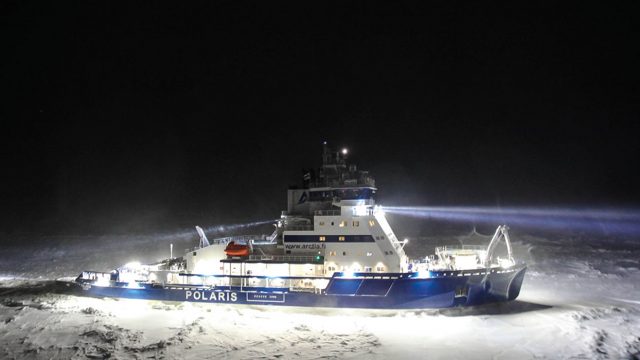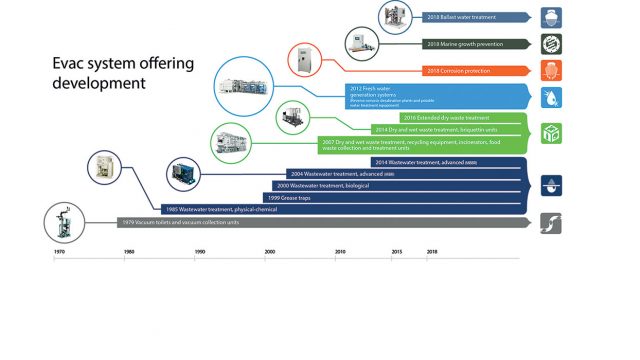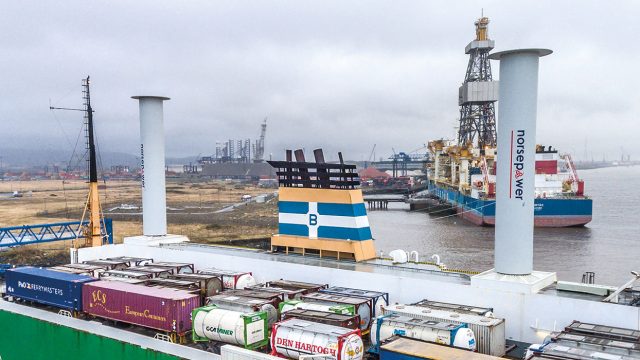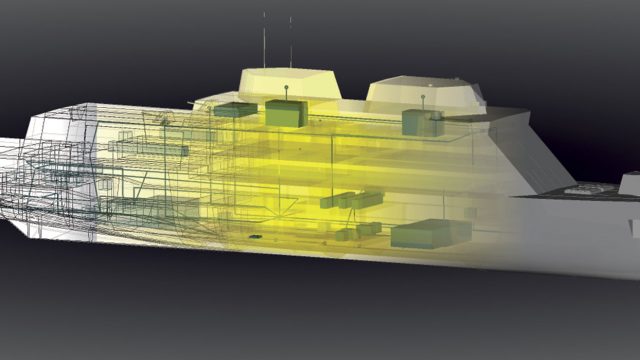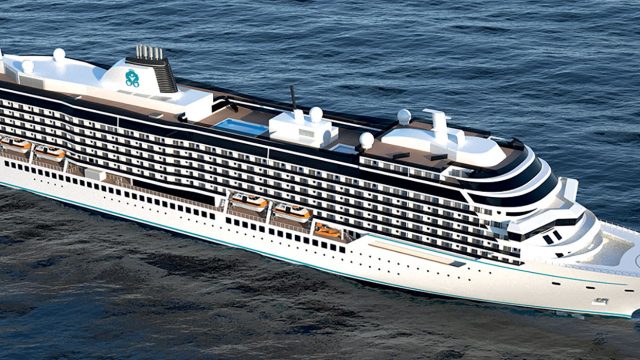The Marine group is being transferred to Kongsberg, a Norwegian company, but the experience amassed in Finland will flourish under the new owner.
The company develops autonomous unmanned ships and land-based control centers. The Finnish partners include VTT Technical Research Centre of Finland Ltd and the University of Tampere. Rolls-Royce has also set up a research center in Turku to study remotely controlled and autonomous vessels and artificial intelligence. The center employs numerous experts in the field.
This advanced technology will lead to a commercial autonomous vessel. Rolls-Royce is pioneering the development of unmanned and autonomous ships, and its first commercial ships should appear in the near future.
In spring 2018, Rolls-Royce formed a partnership with Finferries, which operates connecting ferries for the Finnish State, with the aim of optimizing the safety and efficiency of Finferries’ ships. The partnership is known as Safer Vessel with Autonomous Navigation (SVAN).
Further investments in propeller devices
A couple of years ago, Rolls-Royce announced that it would invest EUR 57 million in producing azimuth-propeller devices in Finland. The Rauma unit has specialist expertise in designing and producing large propeller devices for icebreakers and Arctic research vessels.
The largest and most efficient propeller devices manufactured by Rolls-Royce in Rauma are ARC-type devices, which are intended for icebreakers, offering a power output of 7.5 MW and weighing 190 tons.
Azimuth propeller devices rotate 360 degrees around their vertical axis, providing propulsion and steering without requiring a separate rudder.
Digital technology guides seafaring
Last year, Rolls-Royce announced its intention to sell the Marine group, which includes the Rauma propeller business, to Kongsberg in Norway for a price of GBP 500 million.
The Marine group’s net sales in 2017 were GBP 817 million, leading to a net loss of GBP 70 million. The net sales of the Finnish company were EUR 252 million and the net profit was EUR 11 million.
The leader of the Marine group, Mikael Mäkinen, continues to believe that the business will fully flourish in forthcoming years.
“The marine industry is entering a new era and digital technology will transform seafaring. Rolls-Royce has played a leading role in this development. Kongsberg can take the business to the next level,” Mäkinen says.
The Boards of Directors of both companies have approved the deal, which will be concluded this year.
The Chief Technology Officers of 2019 are Rolls-Royce Marine’s Sauli Eloranta and Canatu’s Ilkka Varjos.
The CTOs of 2019 have been chosen by a jury of Finnish technology influencers.
Since 2010, the CTO of the Year award has been given to an inspiring leader whose work has made a significant contribution to their company’s technological capabilities.
This year, Rolls-Royce Marine’s Head of Innovation and Technology, Sauli Eloranta, was awarded the title of CTO of the Year in the large-scale enterprise category, while Ilkka Varjos, CTO of Canatu, was chosen as the winner in the SME category.
The two winners are united in their approach of using research in product development and their strong endeavour to build ecosystems.
“Rolls-Royce Marine utilises networks to guide an old, established sector into a new era. Meanwhile, Canatu is a pioneer in its use of networks to create and develop an entirely new, groundbreaking future sector. Both companies have built bridges between academia and business in a compelling way,” says the jury chairperson Jaakko Hirvola from Technology Industries of Finland.

